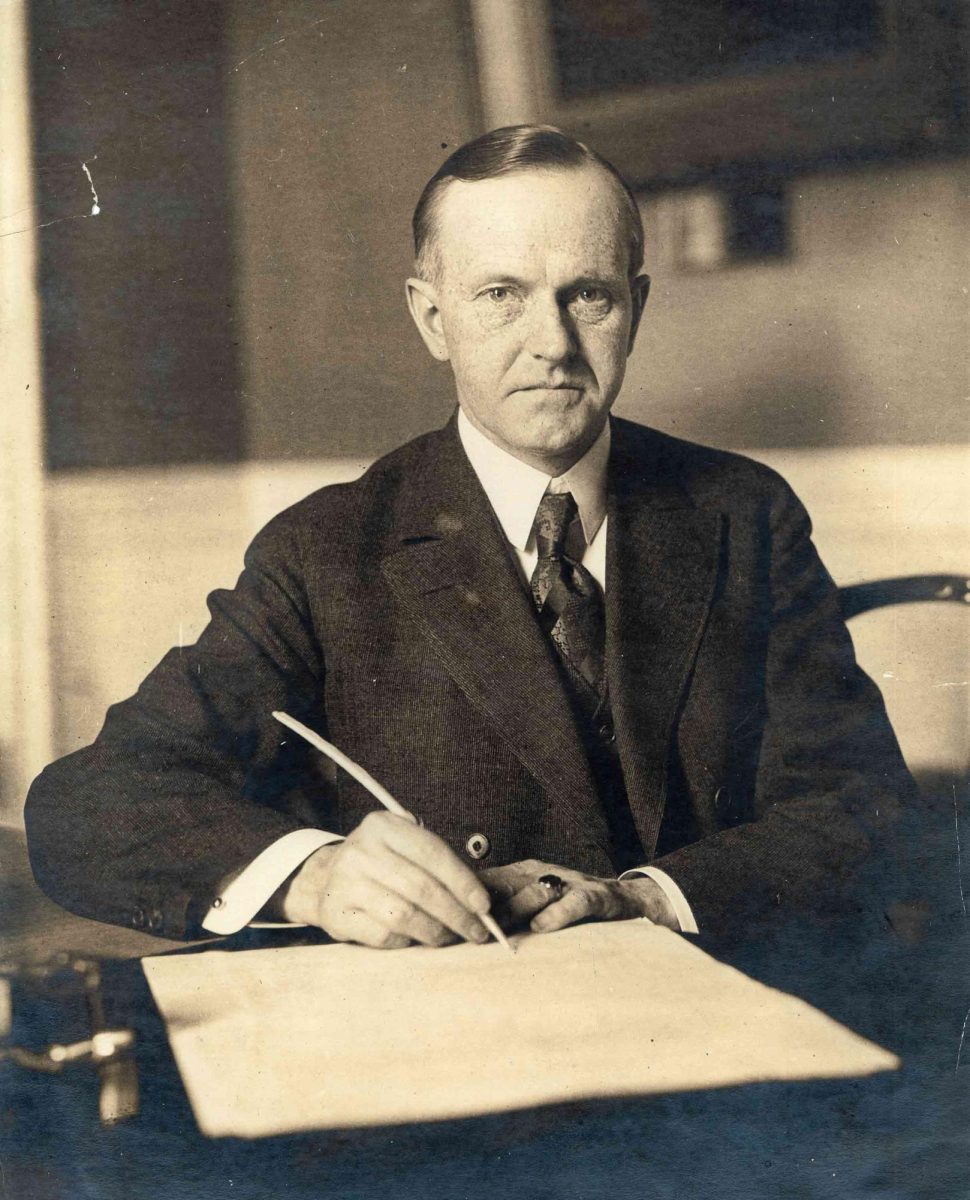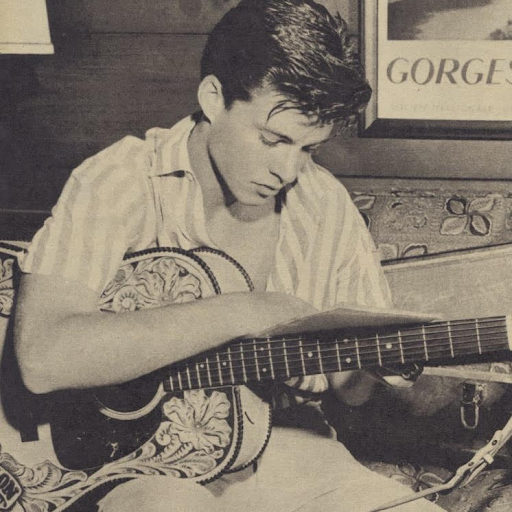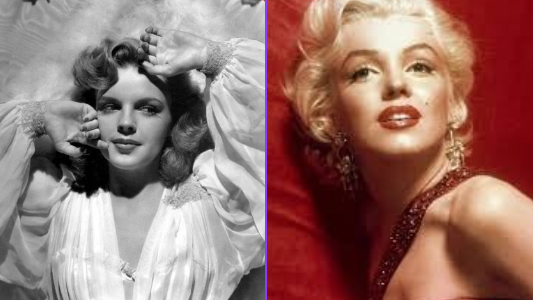If there’s one important piece of advice the U.S. public should follow, it’s that strength can be shown through many forms. U.S. Presidents have no trouble showing this.
Today, President Trump shows strength through direct business deals. President Reagan showed strength through communication, and President H.W Bush through military power. When it comes to President Coolidge though, he showed strength by silence, proving that sometimes being silent can tear down walls.
In an age where being seen and heard are constantly valued, Coolidge reminds us that impact doesn’t always require noise.
Born July 4th, 1872, in Plymouth Notch, Vermont, the silent leader was introduced to the world on America’s birthday. He grew up being raised as an honest, modest, and hardworking man.
He went to Amherst College in Massachusetts, where he gained a reputation for being quiet but highly clever. He studied law and afterwards set up a small law practice, climbing through the ranks up to state politics.
He was not a flashy man, yet he was dependable. During 1919, when Calvin Coolidge was the Governor of Massachusetts, the Boston Police Strike started. Instead of kneeling to the strike, Calvin Coolidge stated-
“There is no right to strike against the public safety by anybody, anywhere, any time.”
This launched him into national fame, enticing the National Republican Party, to later pick Coolidge to run as vice president with Warren G. Harding in 1920. Later in 1923, when Harding suddenly passed away, Calvin Coolidge was sworn in at his family home in the middle of the night. The only light available was a kerosene lamp, and Coolidge’s father administered the oath of office.
Now President of the U.S., Calvin Coolidge had one mission: to restore public trust and keep the federal government small and efficient.
Under President Coolidge, the economy became strong. There was low unemployment, booming industries, and rising stock market. This all became known as the, “Roaring Twenties.”
He pushed for lower taxes to stimulate growth, signing all bills that slashed income tax rates. He also vetoed numerous spending bills and worked to reduce the national debt. He very famously believed that the government needed to leave business alone, stating-
“After all, the chief business of the American people is business. They are profoundly concerned with producing, buying, selling, investing, and prospering in the world.”
Though he was no crusader like Ulysses S. Grant when it came to civil rights, he spoke out against racism, condemning the Ku Klux Klan. President Coolidge supported citizenship rights for Native Americans and signed the Indian Citizenship Act of 1924. This law made all Native Americans born in the United States automatic citizens by birth.
President Coolidge avoided entanglements overseas and preferred peace through economic strength rather than military force.
He kept the style of being quiet, hands-off, and highly principled. President Coolidge was nicknamed “Silent Cal.”
During a dinner party, a woman approached President Coolidge and said she bet she could get more than two words out of him. President Coolidge responded by saying-
“You lose.” And walked away.
After his presidency, he surprised many by choosing not to run for a third term. Many believed he would’ve won, and he was well-likable. President Coolidge believed that he had served long enough.
He retired to Northampton, Massachusetts. Here, he wrote his autobiography and occasionally wrote newspaper articles offering advice and commentary on public affairs.
President Coolidge became troubled by the rapid changes he saw in American society, especially with the stock market. After his death in 1933, the Great Depression hit America.
Though quiet, President Coolidge will be remembered for his integrity and simplicity. A quiet angel in an era that was about to pass. It’s because of him that he showed the country that you do not need to be threatening or loud to lead the country.
Sometimes, the best course of action is to remain quiet and lead with peace.
His words of wisdom continue to matter as he once stated-
“Patriotism is easy to understand in America. It means looking out for yourself by looking out for your country.”









Stephen Gilroy • May 16, 2025 at 3:01 pm
The Depression began in 1929, the year he left office and almost 4 years before he died.
Memphis D. • May 15, 2025 at 1:24 pm
Wonderful story! But, would Ulysses S. Grant also be considered a “quiet president?”